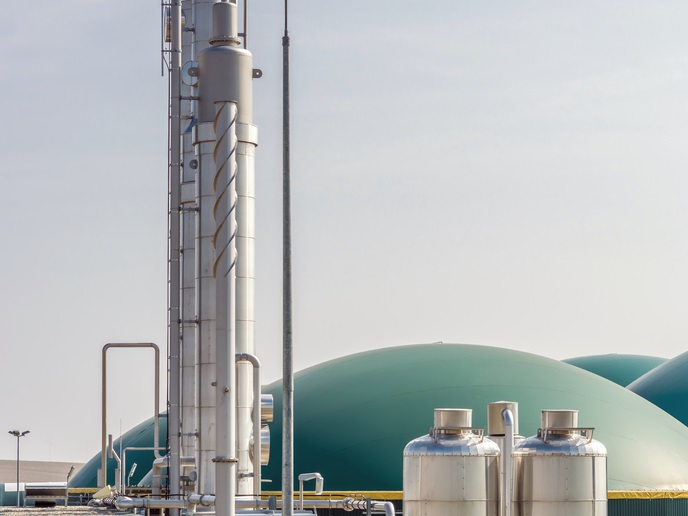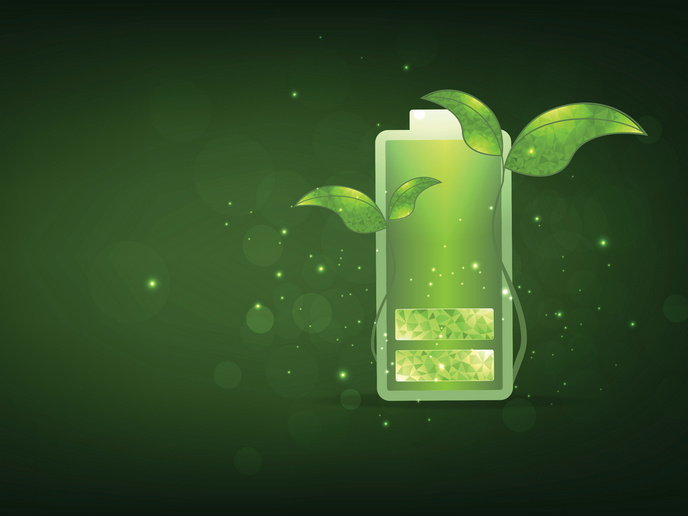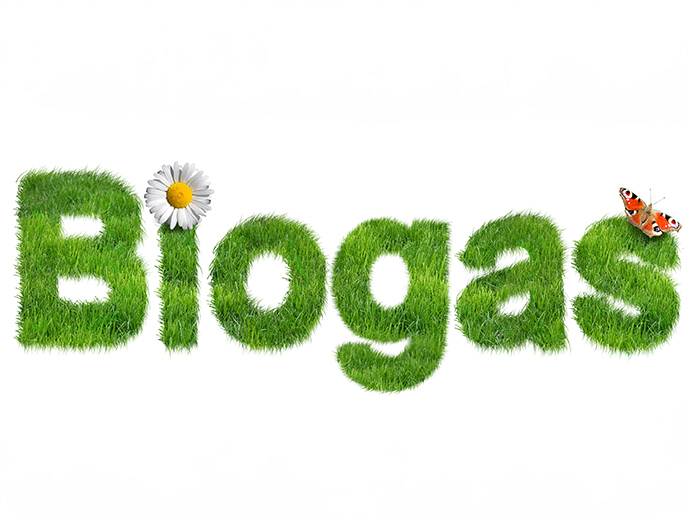Cutting-edge technology upgrades biogas to biomethane in a cost- and energy-efficient way
Biomethane can be injected into existing natural gas grids or used as fuel for vehicles with minimal updates to existing infrastructure. However, cleaning and upgrading biogas takes up a considerable share of the total expenses needed for biomethane production.
Costly technology limits production and use of biomethane production
Current physical or chemical technologies are expensive, energy-intensive and not designed for modest tasks. Operational and investment costs increase exponentially for small production volumes. This holds back the widespread production of biomethane in small-scale facilities, such as farms and wastewater treatment plants. To address this limitation, the EU-funded UBI project developed a simple and efficient solution for small-scale biogas upgrading. “The method offers an unprecedented solution for biogas upgrading based on biological processes,” comments coordinator Jose Manuel Estrada. “It is highly efficient for small biogas production, lowering both investment and operating costs.” The proprietary technology provides microorganisms with the right conditions and nutrients. This enables them to perform their natural processes, removing CO2 and other undesired components from biogas. “While other alternatives rely on chemicals or high pressure to clean biogas and produce biomethane, we just let bacteria do the hard work, which saves energy and money,” notes Estrada. The technology is intended for biogas and biomethane plant developers who are looking for opportunities to install new plants. UBI will give them a new alternative for biogas upgrading in situations where they would not consider it an option because previous technologies were too expensive. Furthermore, it will open up new opportunities and improve return on investment. Existing biogas plants that are not upgrading because of technical or financial reasons also stand to benefit. UBI will offer them a more attractive option to improve their finances by producing biomethane they can sell.
New market opportunity in distributed biomethane generation
By building and operating a prototype, project partners demonstrated the technology in the lab with positive results. Through different experimental tests, they learned about the key parameters for controlling the process and were able to optimise the operating conditions. As a result, operating costs will be reduced by between 30 % and 40 % compared to existing small-scale alternatives. The UBI team is now ready to test the prototype with real biogas in an industrial setting. The first field tests will be carried out before the end of 2020. Results will lead to the technology’s scale-up. An in-depth market analysis revealed current trends in the biomethane market. The technology can be competitive by producing biomethane at the right price in today’s European market. “UBI allowed us to find our niche market, and we learned how to communicate our innovation effectively in a way that is attractive to potential users,” concludes Estrada. “We want to be part of the transition to biomethane, where every small waste treatment plant can become a biomethane production facility, injecting renewable gas to the gas network or using it as a vehicle fuel to power cars and city buses.”
Keywords
UBI, biogas, biomethane, gas, energy, upgrading biogas







